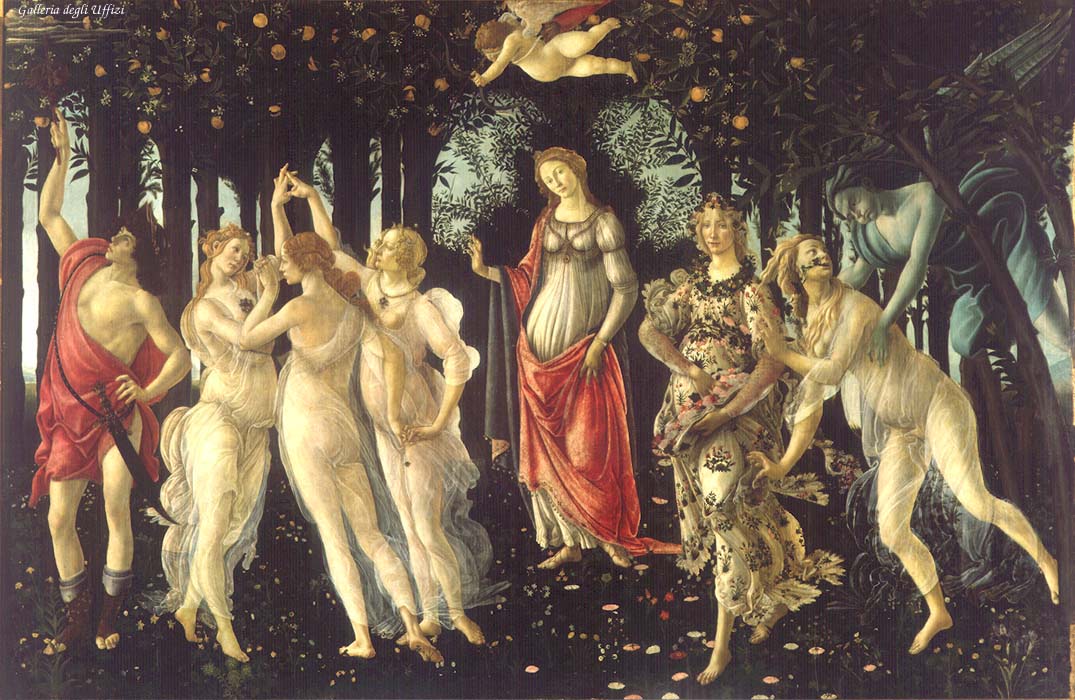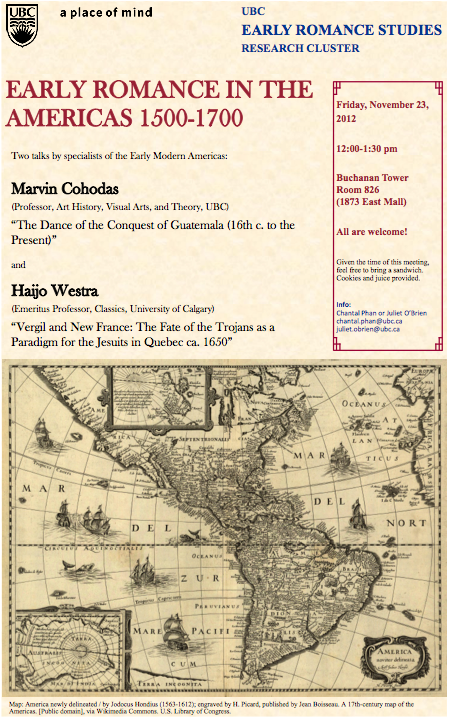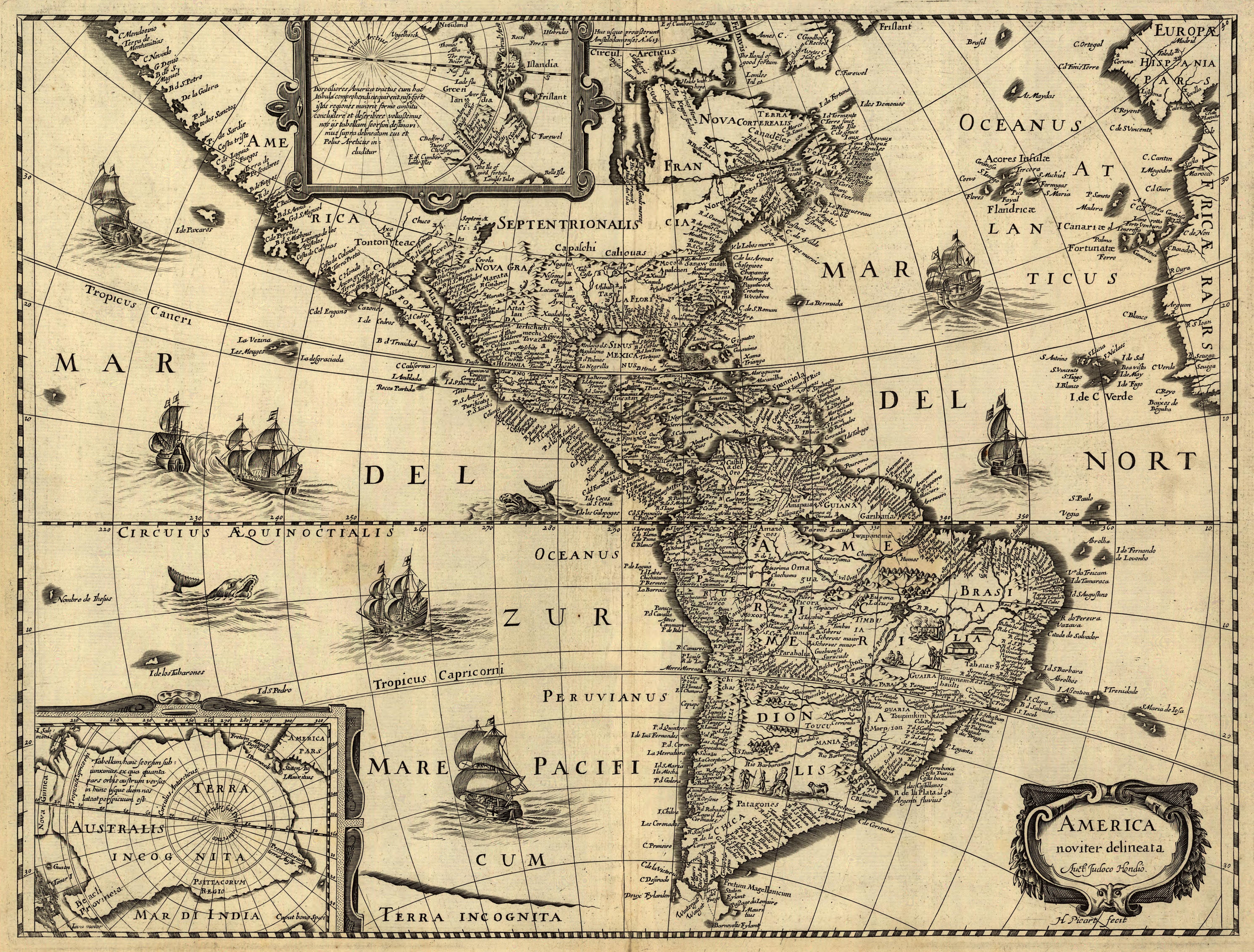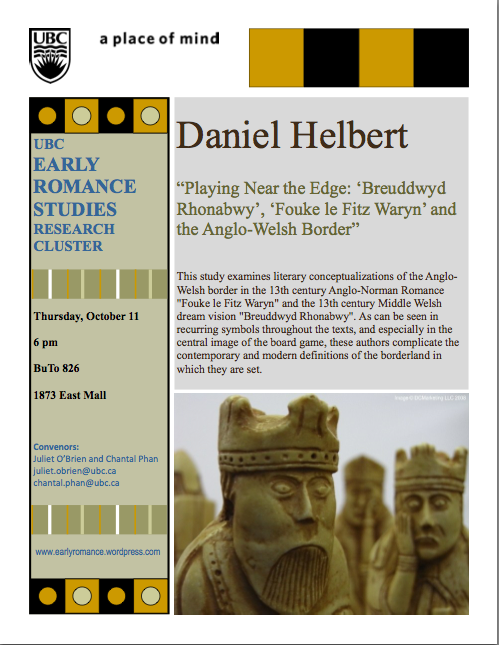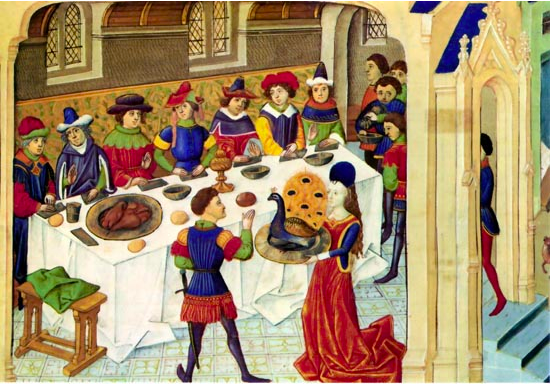4:00 p.m.
** IN WOODWARD IRC, Lecture Hall 3.**
(Woodward Instructional Resources Centre, 2194 Health Sciences Mall: see further down for directions)
TWO LECTURE-RECITALS ON MEDIEVAL MUSIC:
❊ PAT UNRUH (member of Duo Laude, Anima Medieval Music Duo, Vancouver Viols),
“A ‘viella’ is best of all” – the medieval bowed vielle, and its repertoire (c. 1200 – c. 1400)
❊ CHANTAL PHAN (Dept of French, Hispanic and Italian Studies; formerly of Ensemble Marcabru de Montréal),
“Los motz e.l so”: What can we know about the pronunciation and performance of troubadour song (c. 1100- c. 1300)?
–oOo–
Directions from Buchanan Tower: Walk South along East Mall; two blocks past the Bookstore turn left and walk along the path. Woodward IRC will be on your right, a large building with bright red doors. Woodward 3 is on the main floor, see the huge green numbers on the walls and go for the green 3! Walking time: 10 min.
**DIRECTIONS FROM BUCHANAN TOWER:
- Walk South along East Mall;
- two blocks past the Bookstore turn left and take the footpath.
- Woodward IRC will be on your right, a large building with bright red doors.
- Woodward 3 is on the main floor, see the huge green numbers on the walls and go for the green 3!
Walking distance: 10 minutes.
*DIRECTIONS FROM THE TROLLEY BUS LOOP:
- Walk across University Boulevard.
- Keep going straight ahead and follow the footpath for about 1 block.
- Woodward IRC will be ahead of you, a large building with bright red doors.
- Woodward 3 is on the main floor, see the huge green numbers on the walls and go for the green 3!
Walking distance: about 5 minutes.
MAPS
Free admission.
All are welcome!
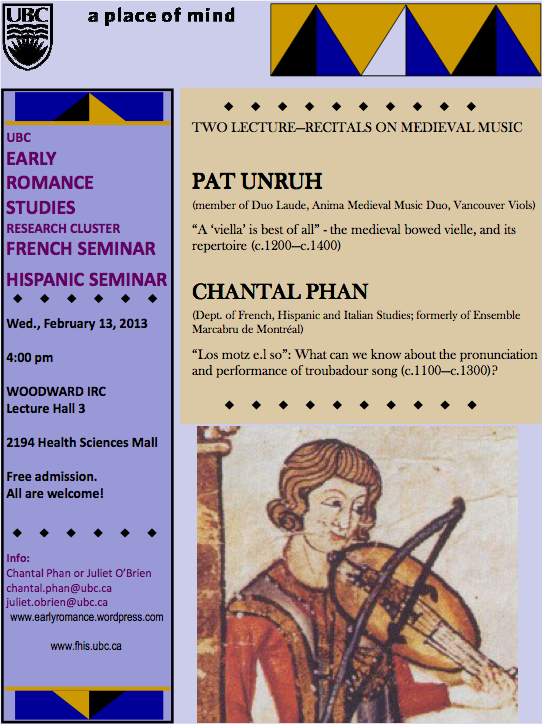
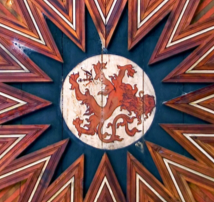 2:00 p.m.
2:00 p.m.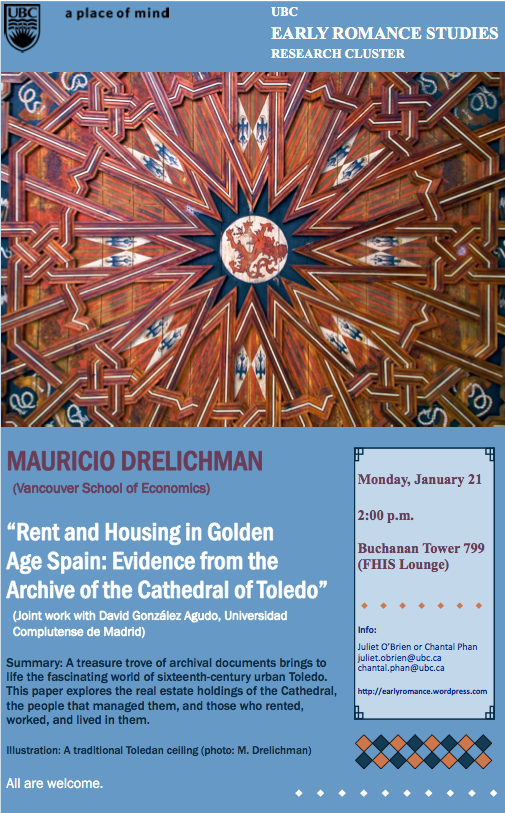

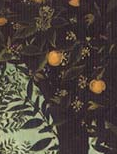 NOVEMBER
NOVEMBER